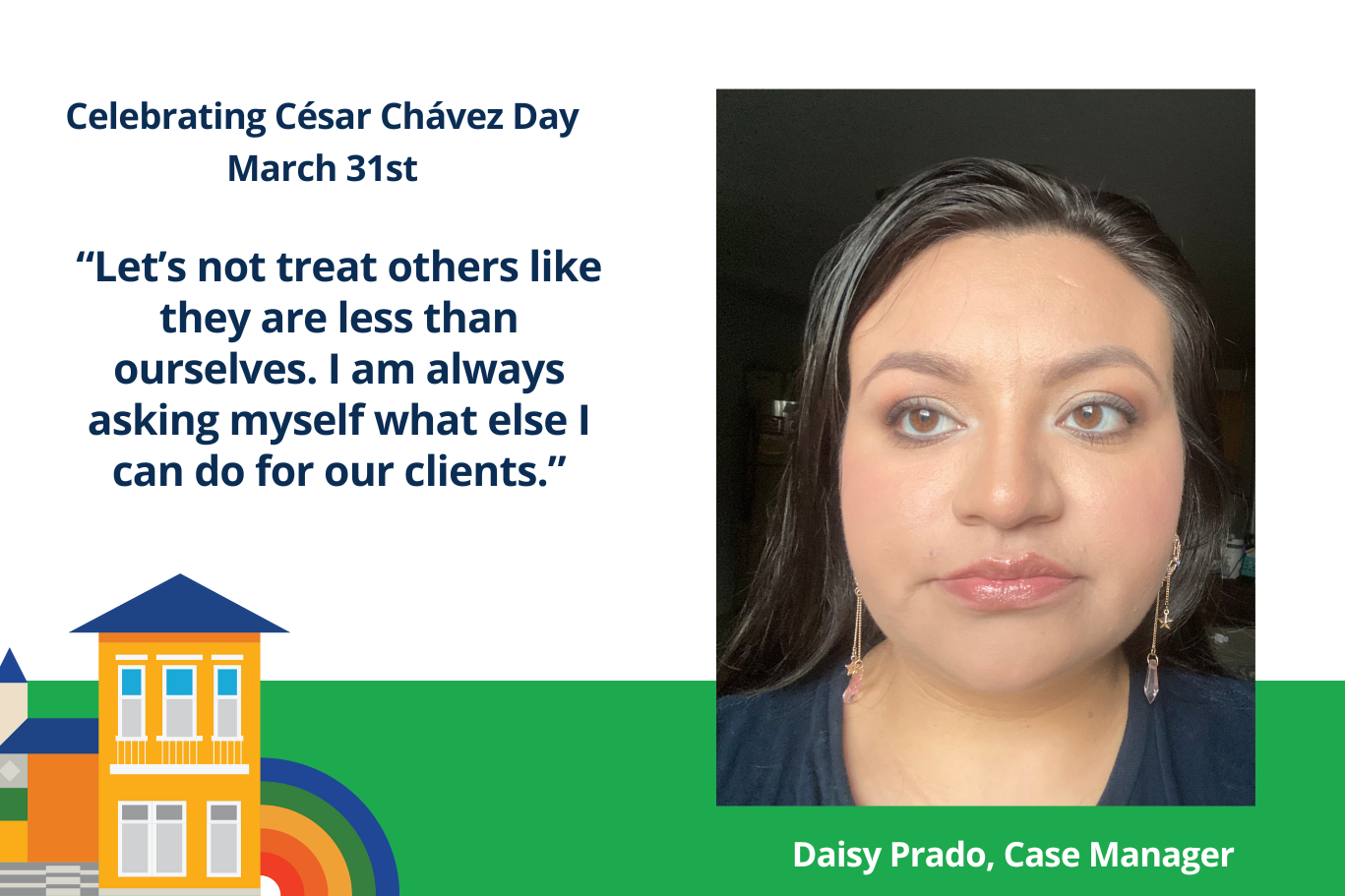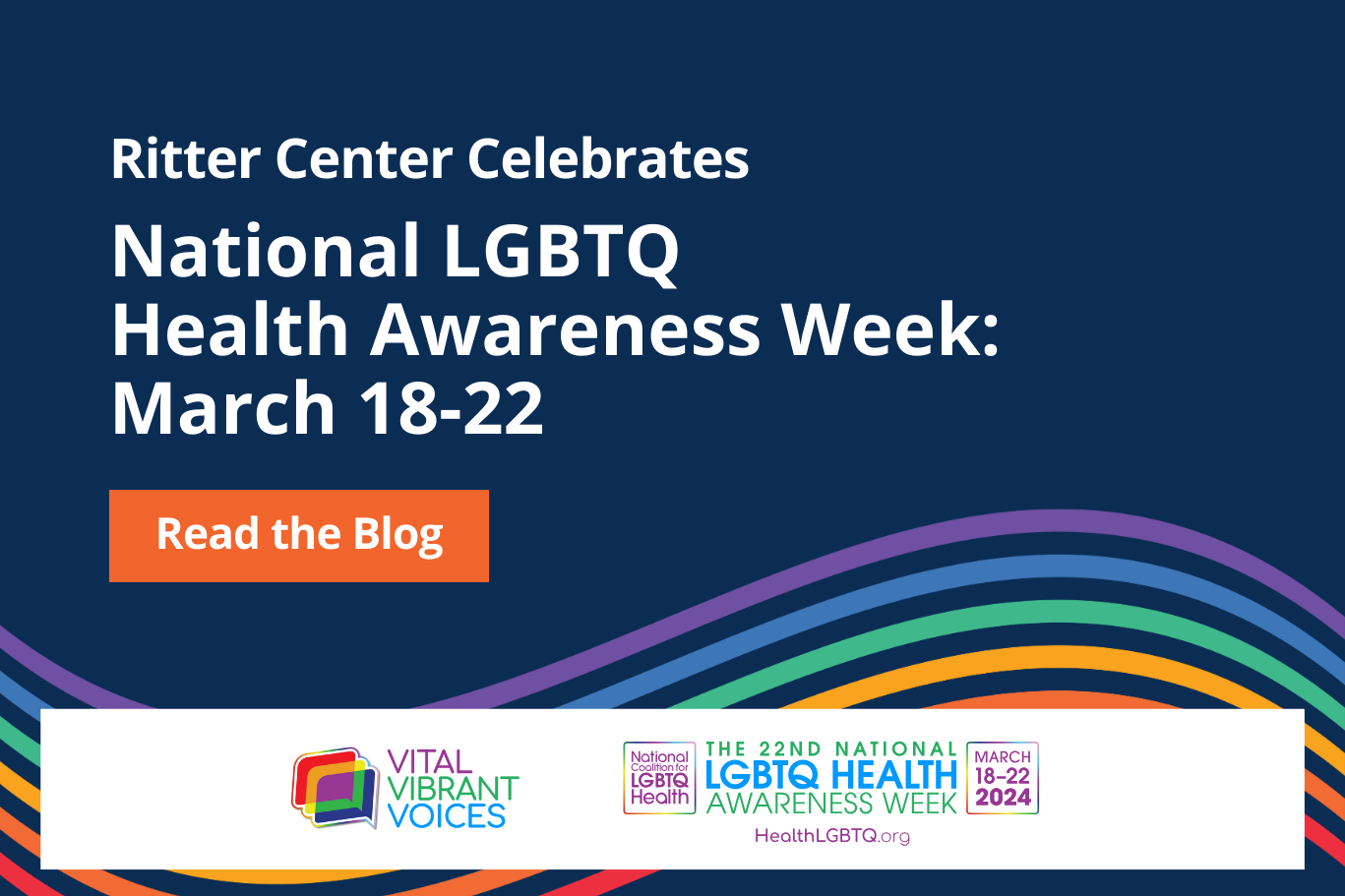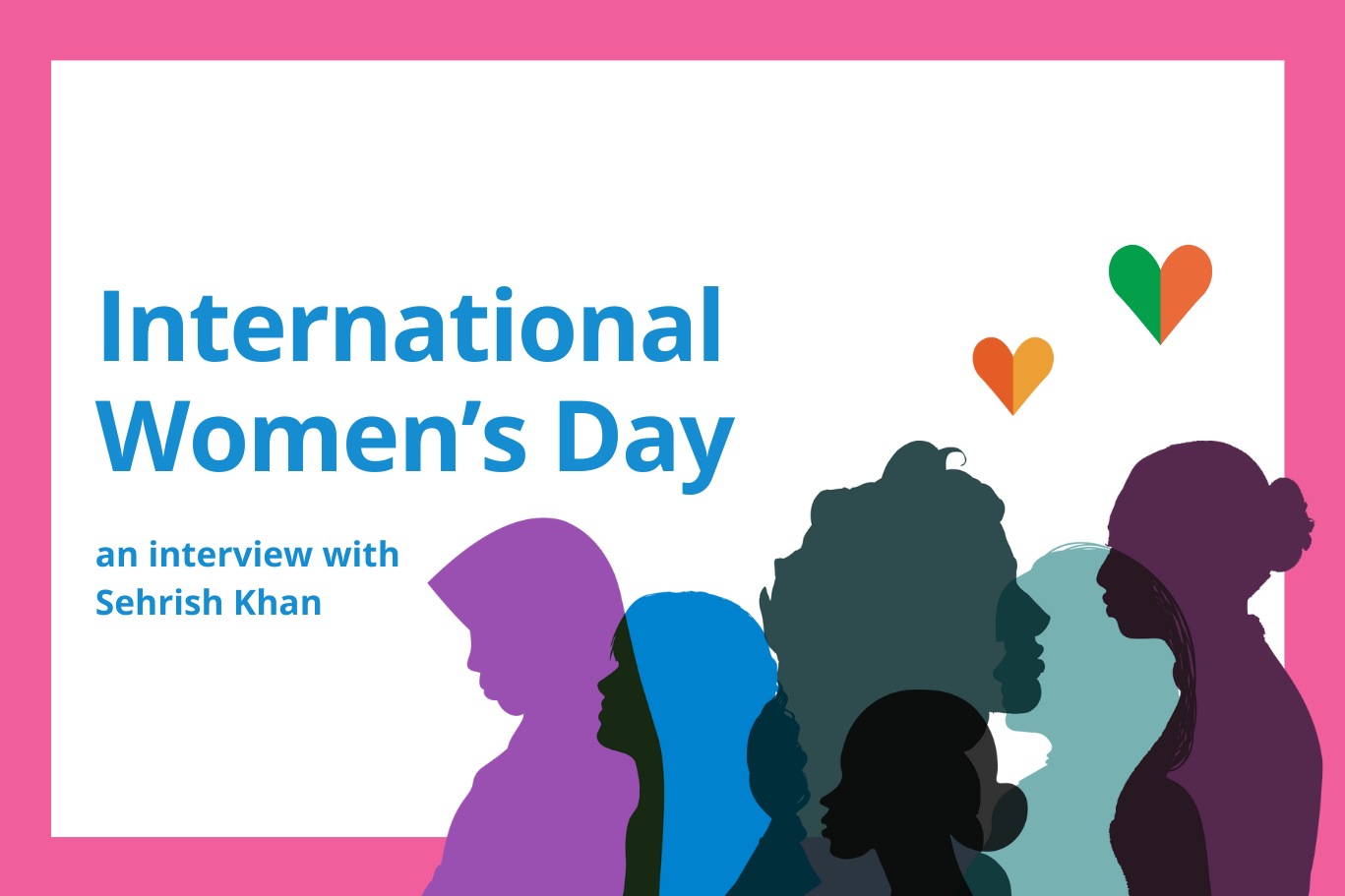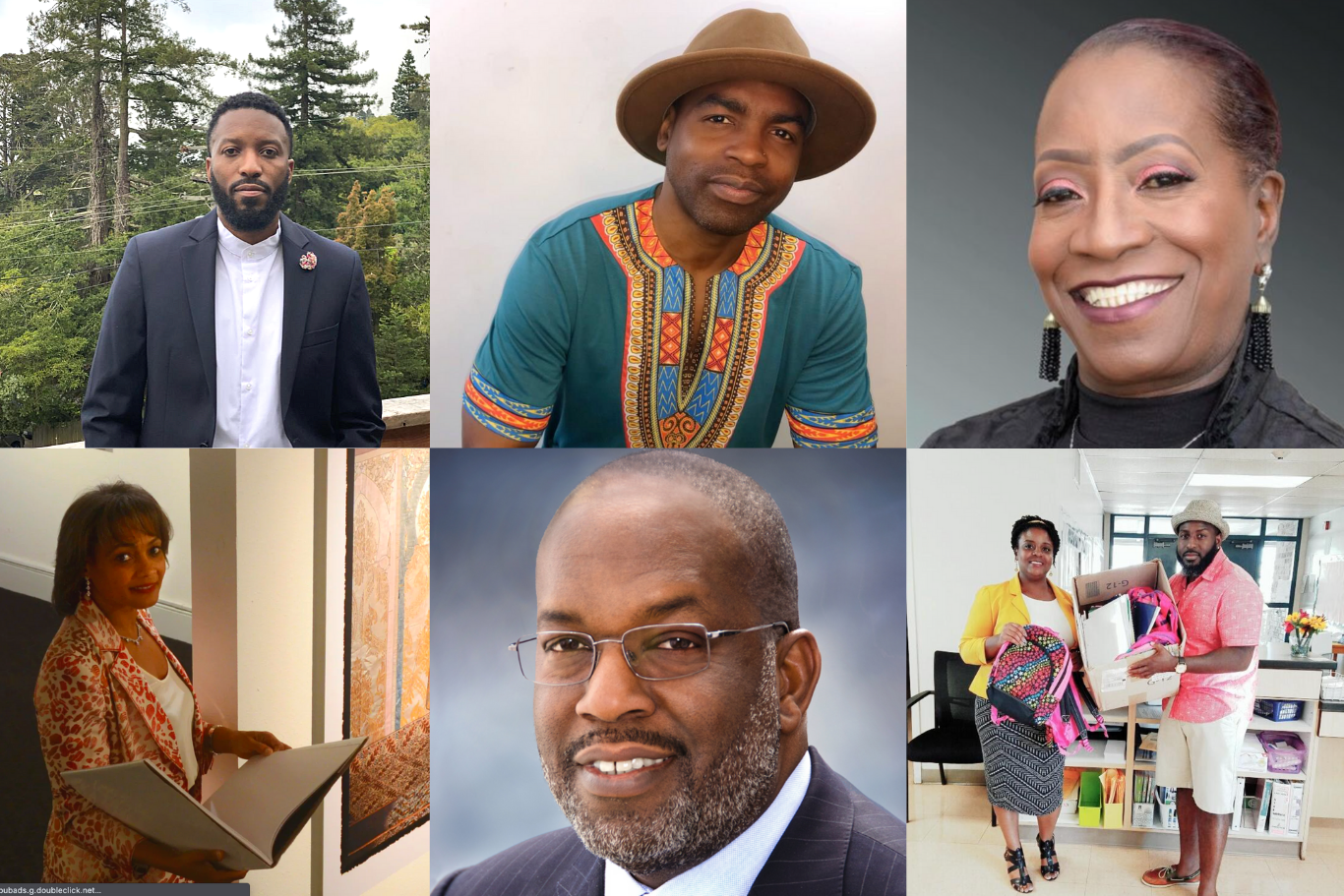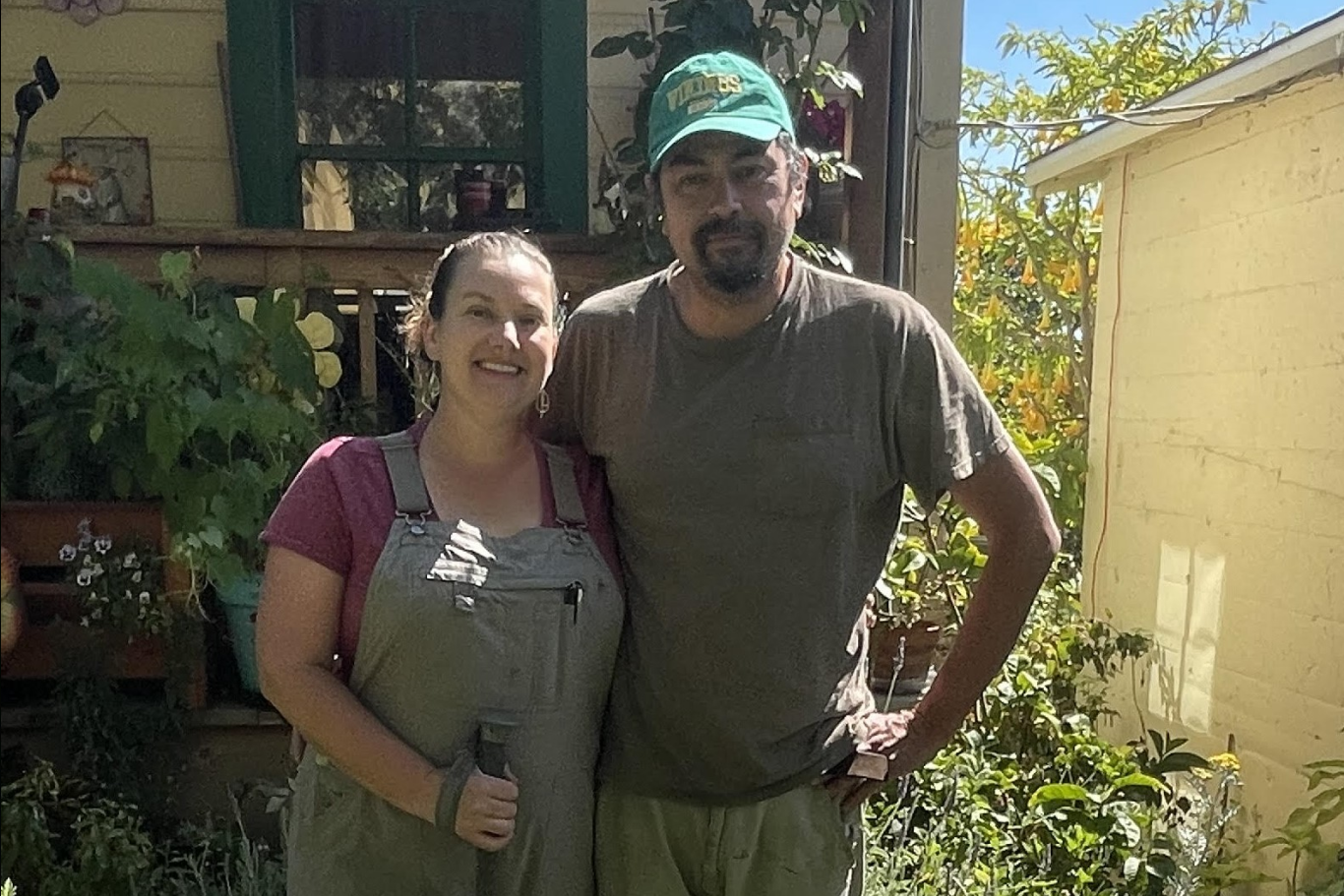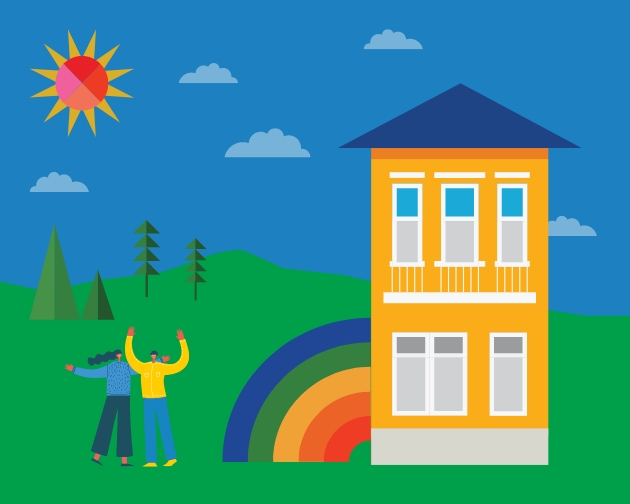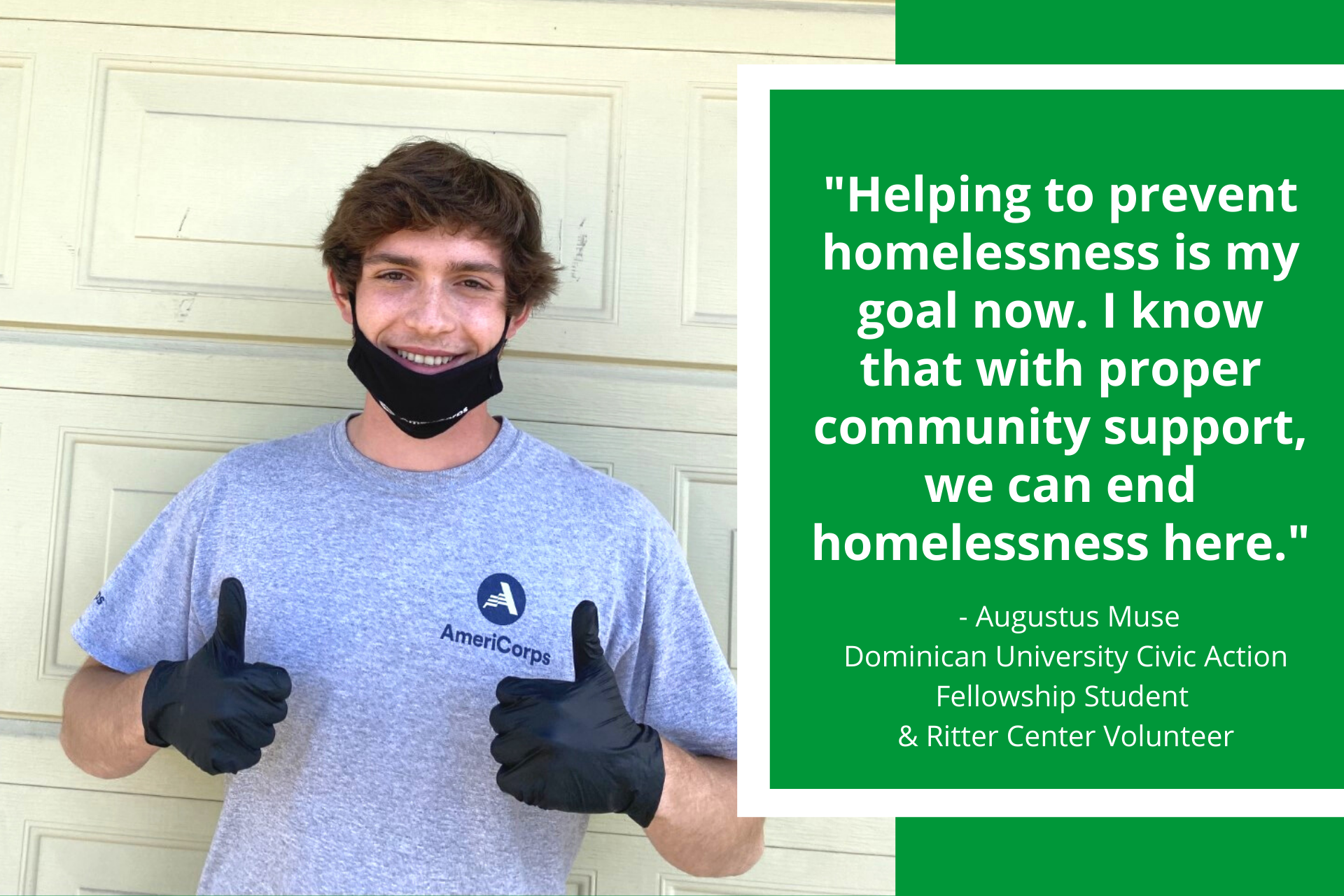
“You can’t make assumptions about the challenges people face and why they might need help putting food on the table” – Augustus Muse, Dominican University Civic Action Fellow
Augustus Muse grew up hearing the typical misconceptions about people experiencing homelessness.
“Sometimes people think becoming homeless is a choice. They assume that someone decides to be homeless – that somehow there is a link from how hard you work to how your life turns out. But that isn’t true. Now, with my experience volunteering at Ritter Center, I can see that they didn’t have any other option. There were severe challenges around housing and employment. It wasn’t up to them. The reality is we are products of our environment. Who we become is the result of the circumstances we are born into and the opportunities given to us. Not everyone has the same start in life. Zipcode doesn’t determine opportunity. We want all lives to be like ours. But it’s simply not the reality,” urges Augustus.
Only 19 years old, Augustus of Sebastopol has been volunteering at Ritter Center. Raised by a single mom and his older brother, he values family intensely. His mom is his main role model as a single female business owner of a dog grooming business.
He lives near the Joe Rodota trail where an encampment of about 300 people took root. This experience helped raise awareness about issues facing the community.
“I saw first-hand the impacts on homeless people’s lives. They were forced to evacuate. The area was infested with rodents. It was a terrible situation for everyone. The local government had some homes, but many people couldn’t get housed because they smoked cigarettes or faced some other obstacle that prevented their ability to move into that housing. In the end, most couldn’t get housed and this experience inspired me to apply to the Civic Action Fellowship at Dominican University where I am a student,” recalls Augustus.
The Dominican fellowship provides the opportunity for students to help out in the community in exchange for tuition assistance. Augustus is volunteering at Ritter Center for 450 hours for all 4 years of his schooling.
Augustus has grown familiar with the holistic approach of Ritter Center.
“What strikes me the most from being in the Ritter Center community is this:
All of the people I meet are just like me. They have the same soul and emotion. We have fantastic conversations. The only difference between us is the resources and opportunities I was provided within my life.”
“I recognize now the impact an event can have on a homeless person as opposed to myself. For example, we had a few very windy days a couple of months ago. Some people who came to Ritter Center told me they were living on houseboats until they lost their boats to the wind and sea. This made me realize that without a house with a foundation, one day of poor weather conditions can wipe out everything you have,” says Augustus. “It is both tragic and heartbreaking. I provided them with blankets, sleeping bags and everything I could. But at the end of the day, they no longer had a place to sleep and cook. This struck me hard. Let’s face it: a windy day isn’t going to make my house go away. But that single wind event changed their lives forever.“
Augustus also sees the news headlines differently now that he is at Ritter Center.
“When the homeless encampment beneath the bridge was cleared out in San Rafael, suddenly there were a dozen people at Ritter Center. Before the clean-up, they had a backpack and it was everything they’d been saving. But after the encampment was dismantled, everything they owned was gone. They watched it disappear as the clean-up crew moved through. For some of our clients, their OCD was triggered by the loss and they are suffering tremendously now.”
Augustus is also now aware of how appearances and what you infer from those appearances can shift dramatically once you’ve volunteered at the food pantry.
“Families that you would assume aren’t homeless do need support from the food pantry at Ritter Center. You can’t make assumptions about the challenges people face and why they might need help putting food on the table,” describes Augustus.
Augustus works primarily in the Ritter Center food pantry. He manages the front of the food line, checks in current clients, and registers new clients. He helps to manage other volunteers and the sorting of food into bags. House bags contain ingredients that recipients can use to cook if they have access to a stove and perishables that require refrigeration. To-go bags are for snacks and ready-to-eat meals that can be eaten by those living on the streets.
Augustus is starting to see his future in a new way:
“I work 20 hours a week at Ritter Center, and although I remain a business administration major, I am now thinking about minoring in civic action. My experience at Ritter Center opened my world view. I want to own my own business eventually and I absolutely will give back to my community through my business. Helping to prevent homelessness is my goal now. I know that with proper community support, we can end homelessness here.”
Thank you, Augustus, for choosing Ritter Center as part of your Civic Action Fellowship! We are incredibly grateful for all your hard work, dedication, and compassion for Ritter Center’s community.
